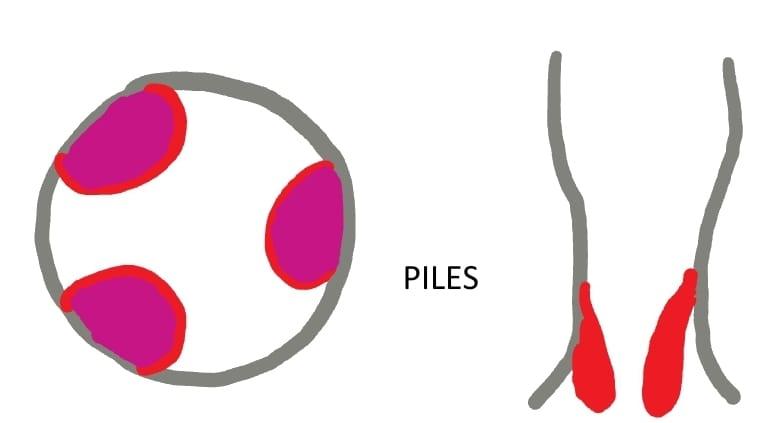Yes, changing your diet can indeed help prevent piles. Including fiber-rich foods like fruits, vegetables, and whole grains in your meals can make your stools softer, reducing the strain during bowel movements. This, in turn, lowers the risk of developing hemorrhoids or piles. Staying hydrated is crucial too, as it keeps your stools soft. On the flip side, avoiding processed foods and consuming less spicy and irritating foods can also contribute to preventing piles.
So, a balanced, fiber-filled diet and proper hydration play key roles in keeping hemorrhoids at bay. Remember, small dietary adjustments can make a big difference in your digestive health.




